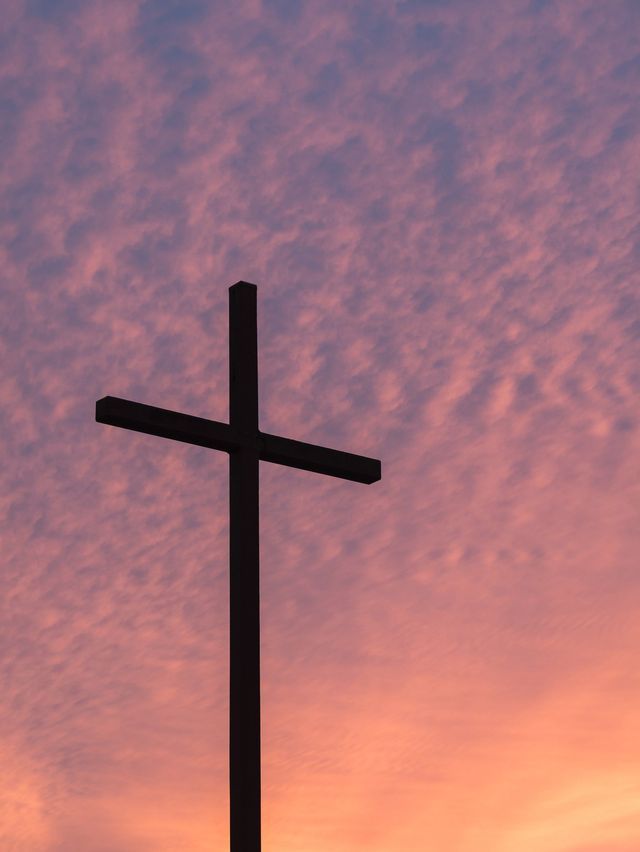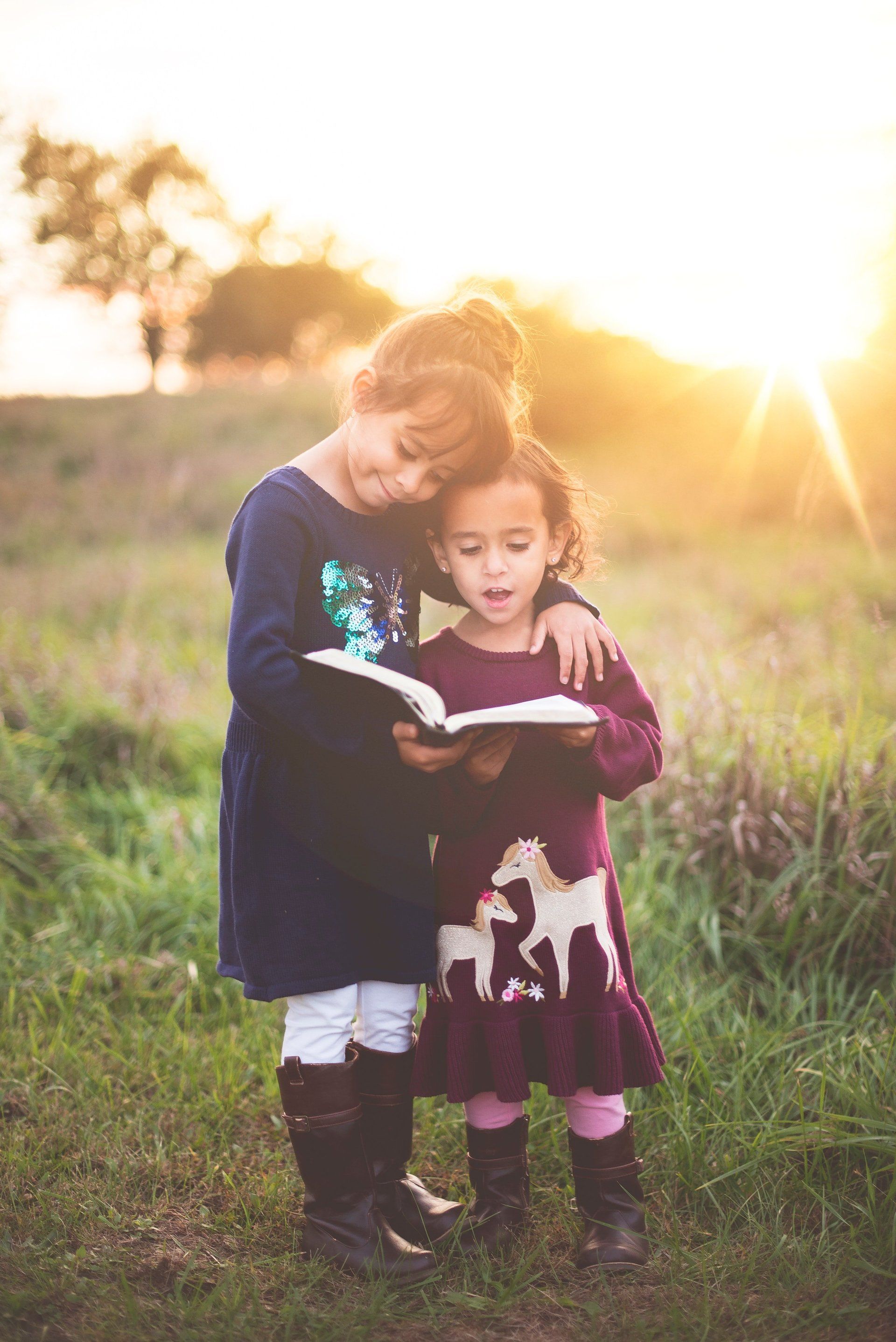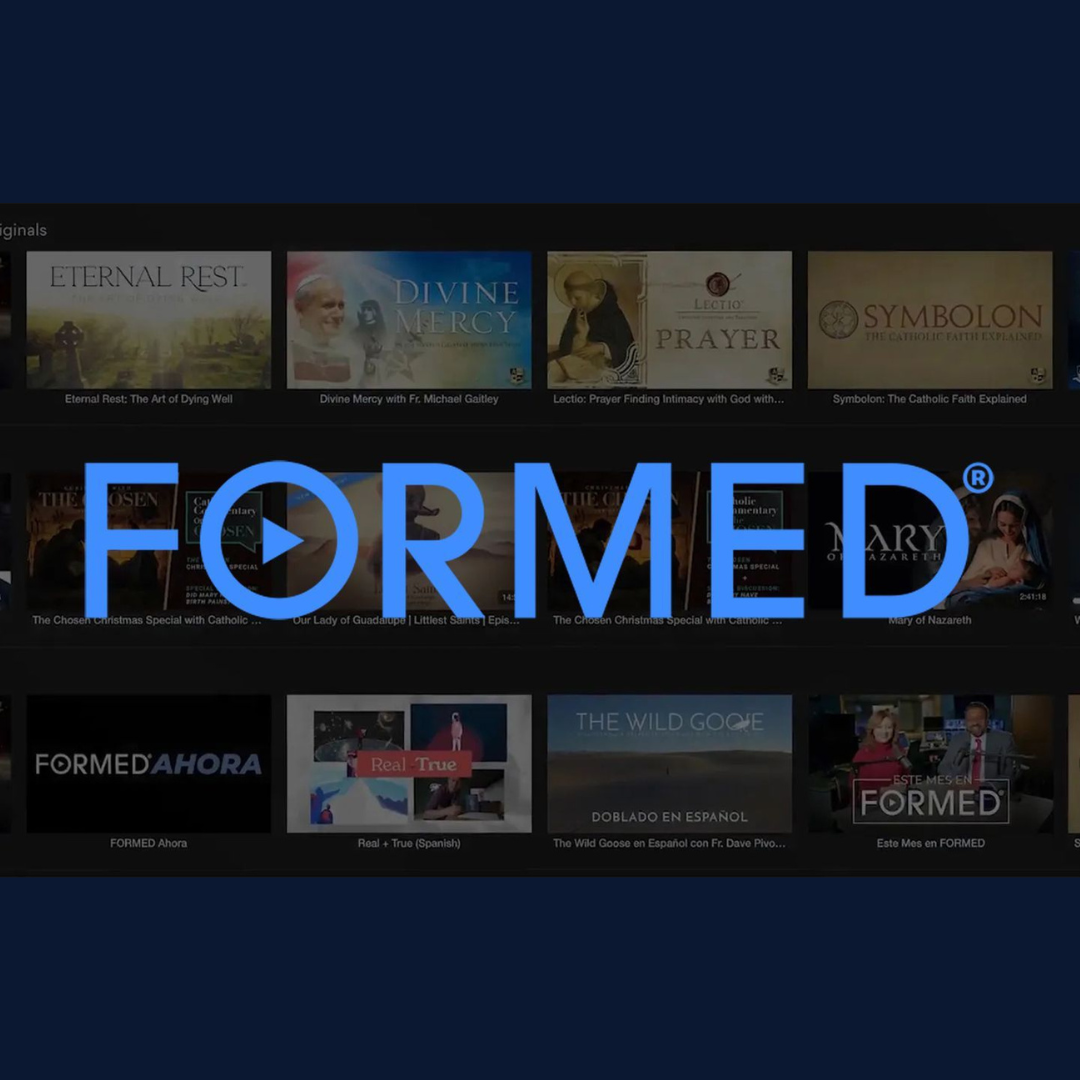Loving Christ, Loving Others
Mass Times
Saturday: 5:30 PM
Sunday: 7:30 AM, 9:30 AM, & 11:30 AM
Daily Mass:
Monday, Tuesday, Thursday, & Friday: 8:00 AM
Communion Service:
Wednesday: 8:00 AM
Confession:
Saturday: 4:00 PM to 5:00 PM Or By Appointment
Eucharistic Adoration:
First Fridays of the Month
after Daily Mass (8:30 AM - 12:30 PM)
Next Date: February 6th
Parish Office Hours
Monday - Thursday:
9:00 AM - 12:00 PM & 1:00 PM - 5:00 PM
Friday : 9:00 AM - 1:00 PM
Saturday - Sunday:
Parish Office CLOSED
Presidents’ Day
Monday, February 16th
Parish Office CLOSED
Special Masses
Ash Wednesday Services
February 18th
Mass: 8:00 AM & 6:00 PM
Word Service & Distribution of Ashes: 12:00 PM
Stations of the Cross
Every Friday during Lent: 12:00 PM & 6:00 PM






